This is both an opportunity and a challenge as the education sector has many specific tasks that require "hand-holding and guidance".
Taking on new responsibilities
On July 3, the People's Committee of Tan Lap Ward ( Dak Lak ) organized a conference on educational management, with the participation of principals and vice principals of schools in the area. This is one of the first localities to proactively organize a conference to review the situation and adjust management methods after changes in the administrative model.
According to Mr. Tran Duc Nhat - Chairman of Tan Lap Ward People's Committee, the whole ward currently has 17 schools from kindergarten to secondary school (12 public schools and 5 private schools), with a total of 546 cadres, teachers and employees. Some issues raised at the conference were related to reviewing and upgrading facilities and teaching equipment to meet the requirements of implementing the 2018 General Education Program and organizing 2-session teaching/day.
In addition, the need for additional teachers and staff is being updated to promptly propose appropriate arrangements. Tan Lap Ward People's Committee has proactively assigned and clearly assigned tasks and responsibilities in the field of education. The procedures for receiving and processing student and parent records are carried out openly, transparently and conveniently.
Mr. Tong Ngoc Lam - officer in charge of Education in Tan An Ward (Dak Lak) said that there are currently 22 schools in the ward, of which 3 schools are managed by the Department of Education and Training, and 19 schools are managed by the Ward People's Committee.
“The number of schools is not large, but the work covers many focal points, requiring smooth coordination between levels and units. Therefore, it is necessary for the Department of Education and Training to soon organize a thematic conference to unify the coordination method to ensure the effective operation of educational institutions,” said Mr. Lam.
According to Mr. Nguyen Thanh Liem - Chairman of Khanh An Commune People's Committee (Ca Mau), the commune has just "shouldered" new responsibilities, including decentralizing education management from preschool to secondary school; granting graduation certificates; resolving school transfers, managing extra teaching and learning... The locality has established a Department of Culture and Society consisting of 9 people, in charge of issues related to the local socio-cultural field, including education, advising the commune leaders in educational management.
Immediately after the merger, the commune leaders worked with the principals of local schools to implement the contents related to the direction of the Provincial People's Committee on decentralization of management in the field of education, and at the same time recorded the opinions and contributions of school leaders for better education management.
At this time, the commune has directed education management staff to coordinate with schools, parents and youth union members to organize and manage, creating healthy playgrounds for children during the summer. At the same time, review the facilities of the schools to have plans for investment, repair, and good preparation for the new school year.
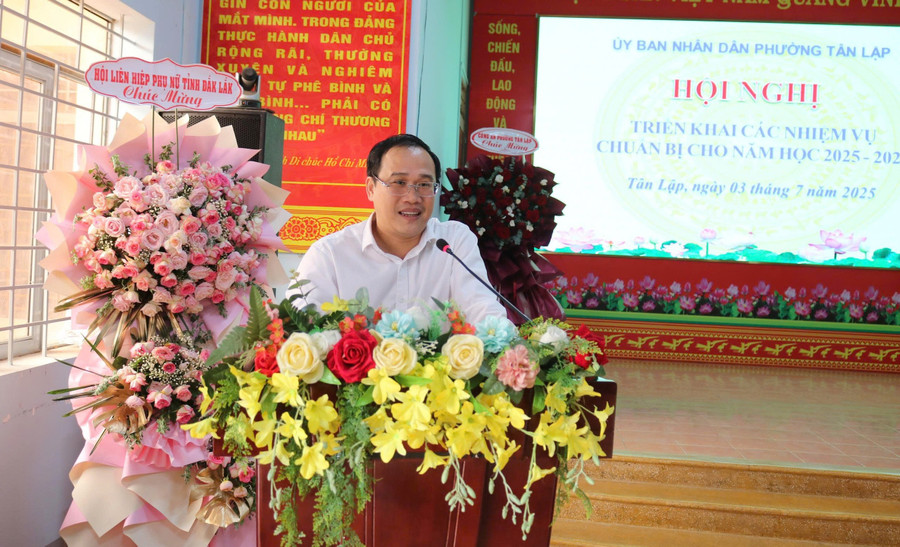
Arrange tasks and clearly delegate authority
Ms. Phan Kim Phia - Chairman of the People's Committee of Tran Van Thoi Commune (Ca Mau) said that the commune has counted the number of schools, grasped the operational situation and facilities of the schools under its management. At the same time, it has fully updated information on the number of staff, teachers, students, tutoring centers, etc. in the area.
“The commune assigns cadres to be directly responsible for the education sector. Most of the cadres in charge of this sector of the commune are not cadres from the Department of Education and Training who were previously assigned, but are cadres who have transferred from other sectors. However, we choose cadres who are capable, have appropriate professional qualifications, are enthusiastic about their work, and have a high sense of responsibility.
Carrying out many decentralized tasks at the same time, some of which are quite new, will certainly be confusing for officials in charge of education at the commune level in particular and the commune People's Committee in general in the beginning. However, we will try our best, learn as we go to complete the tasks well for the common goal," said Ms. Phia.
Chairman of the People's Committee of Tran Van Thoi commune also proposed that the Department of Education and Training organize training courses for officials in charge of education in localities on the procedures and methods of performing decentralized tasks to effectively carry out assigned tasks.
In the mountainous Lai Chau region, the number of commune-level administrative units was reduced from 106 to 38 communes and wards after the merger. The whole province currently has 336 schools, nearly 5,200 classes with about 150,000 students. In Le Loi commune, after the merger, the locality manages 10 schools from kindergarten to junior high school. With a large area and difficult traffic, educational management is a challenge for the new government apparatus.
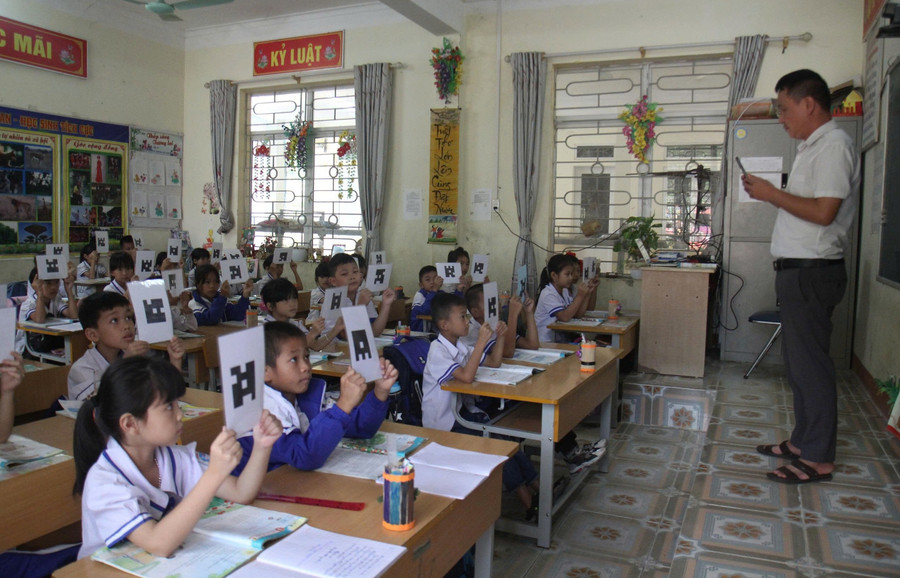
Mr. Nguyen Van Ninh - Secretary of the Party Committee of Le Loi commune said: "In the immediate future, according to the direction, the People's Committee of the commune will perform the function of State management of education in the commune, ward, and special zone and be responsible to the Provincial People's Committee and the Department of Education and Training in organizing, directing, and inspecting educational activities under its management authority. Including plans, programs, and projects for educational development in the area in accordance with the province's educational development strategy and the local socio-economic development plan".
According to Mr. Nguyen Van Ninh, the wider management area will require tight organization plans and detailed plans to ensure that the quality of teaching and learning is not affected. “With a proactive spirit, we will direct the People's Committee and relevant departments to proactively approach the guiding documents of the industry and localities in decentralizing and decentralizing education management to communes for timely and effective implementation,” said Mr. Nguyen Van Ninh.
After the merger, Khong Lao commune (Lai Chau) has 9 schools with nearly 6,000 students, 7/9 schools meet national standards, striving to have 100% of schools in the commune meet standards by 2030. Mr. Khong Van Thien - Vice Chairman of the People's Committee of Khong Lao commune, said that the transfer of management rights of educational institutions to the commune is considered a step forward in increasing the initiative of the facilities, reducing the burden on the Department of Education and Training.
However, this poses many challenges in terms of human resources, management capacity, technological infrastructure, and operational processes at the commune level, especially in remote and difficult areas, especially in undertaking tasks such as granting diplomas and certificates, resolving school transfers, and managing extra teaching and learning.
“The local government, people, and Khong Lao commune are ready in terms of human resources, facilities, and professional capacity to promote local education. The focus is on investing in building facilities, classrooms, and boarding houses for students,” said Mr. Khong Van Thien.
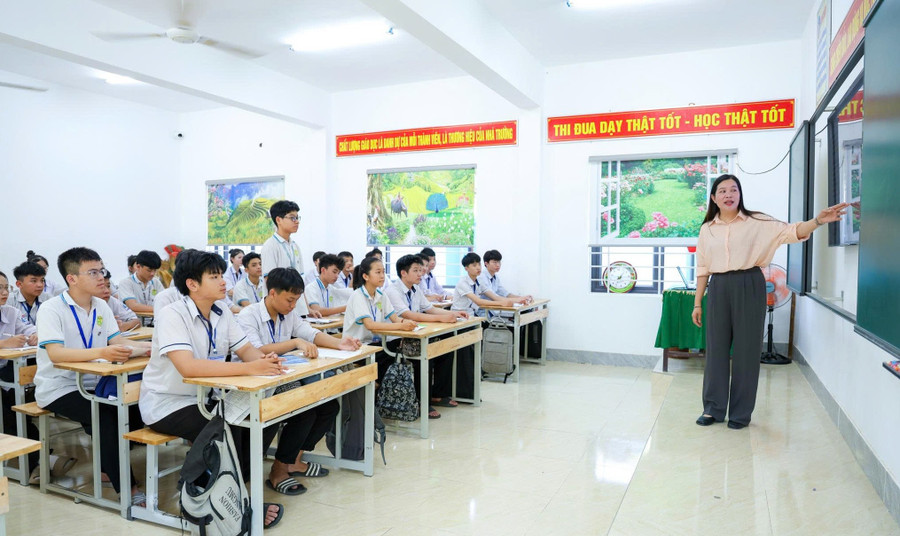
Active coordination
From July 1, implementing the two-level local government, 130 wards and communes of Nghe An province officially took over direct management of more than 1,300 kindergartens, primary schools and secondary schools. After the merger, the two wards with the largest number of schools to manage in the area are Thanh Vinh ward and Truong Vinh ward (belonging to the old Vinh city) with 26 public schools and many other private and non-public schools. These are also the two wards with the largest population in Nghe An province.
Ms. Hoang Thi Phuong Thao (former Head of the Department of Education and Training of the old Vinh city), is now Deputy Head of the Department of Culture and Society of Truong Vinh ward, Nghe An. With many years of experience in education management and studying new directive documents, Ms. Thao said that the previous Department of Education and Training's functions and tasks have been almost completely transferred to the commune-level government. Including the development of education development plans, the scale of the school network, management of facilities, human resources, and the allocation and assignment of budget estimates for affiliated educational institutions...
However, in the past, the Department of Education and Training was a “specialized” unit, and the specialists themselves were clearly divided into areas of responsibility. Meanwhile, at the commune and ward levels, education was a part of the Department of Culture and Society, and the officers in charge, even those who were previously from the Department of Education and Training, also took on many new roles and tasks.
Ms. Hoang Thi Phuong Thao said that currently, the education officers in the wards of the old Vinh city have initiated a common group to facilitate the exchange and sharing of work experiences. Each person has their own professional strengths and will support and strengthen each other in work areas such as approving the school year plan, school program; managing extra teaching and learning; professional activities; managing facilities and teaching equipment.
In the long term, new problems will certainly arise, requiring the role of the Department of Education and Training in coordinating and directing teaching expertise, ensuring educational quality as well as regulating and allocating the team of managers and teachers.
Mr. Phan Trong Trung, former Head of the Department of Education and Training of the old Con Cuong district, now holding the position of Vice Chairman of the People's Committee of Con Cuong commune (Nghe An) said that commune-level activities are operating and gradually integrating new tasks. Currently, Con Cuong commune has 12 schools from kindergarten to junior high school, 1 Con Cuong high school and a boarding vocational school for ethnic minorities.
According to Mr. Trung, implementing a two-level local government, in which the Commune People's Committee directly manages schools from kindergarten to secondary school, will facilitate and speed up the implementation of educational policies and strategies in practice as well as focus on investing in school facilities. In addition, the commune level needs to closely connect with the Department of Education and Training when managing education, especially in terms of expertise and teaching staff.
Before handing over to wards and communes for direct management, the Department of Education and Training of Nghe An issued an official dispatch on guiding the implementation of the responsibility of State management of education of the People's Committees at the commune level when organizing a two-level local government. In particular, regarding the team of teachers and administrators, the commune level has the role of proposing needs, coordinating with the department in guiding the implementation of the work of using, managing, and implementing policies to develop the team of teachers, administrators, civil servants and workers under the scope of management according to authority.
Source: https://giaoducthoidai.vn/cap-xa-ganh-vac-trong-trach-giao-duc-thach-thuc-va-co-hoi-post738482.html



![[Photo] Politburo works with the Standing Committees of Dong Thap and Quang Tri Provincial Party Committees](https://vphoto.vietnam.vn/thumb/1200x675/vietnam/resource/IMAGE/2025/9/8/3e1c690a190746faa2d4651ac6ddd01a)


![[Photo] General Secretary To Lam chaired the Politburo's working session with the Standing Committees of Party Committees of Central Party agencies.](https://vphoto.vietnam.vn/thumb/1200x675/vietnam/resource/IMAGE/2025/9/9/8343386e1e8f43c6a3c0543da7744901)

![[Photo] Politburo works with the Standing Committees of Vinh Long and Thai Nguyen Provincial Party Committees](https://vphoto.vietnam.vn/thumb/1200x675/vietnam/resource/IMAGE/2025/9/8/4f046c454726499e830b662497ea1893)


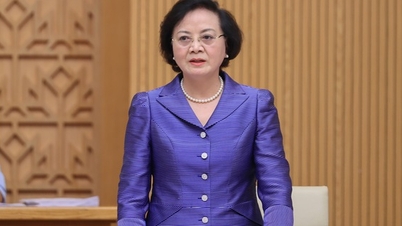

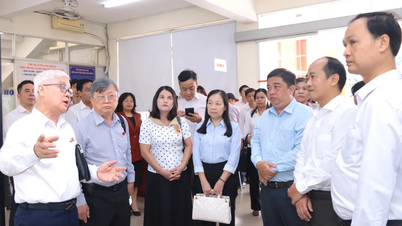

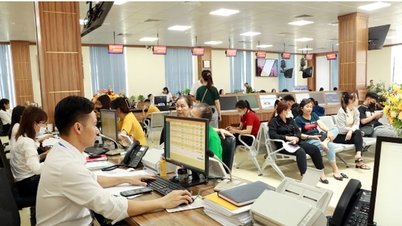

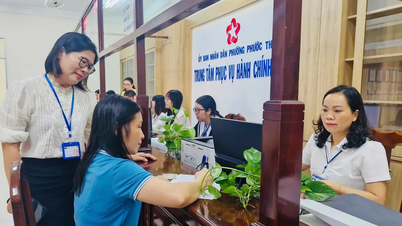
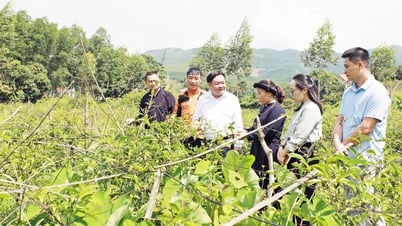
















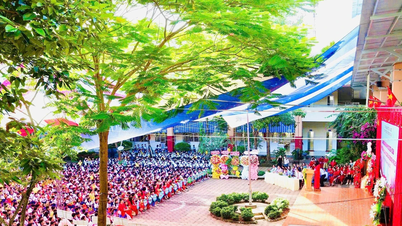


![[Photo] Politburo works with the Standing Committees of Phu Tho and Dong Nai Provincial Party Committees](https://vphoto.vietnam.vn/thumb/1200x675/vietnam/resource/IMAGE/2025/9/8/f05d30279b1c495fb2d312cb16b518b0)
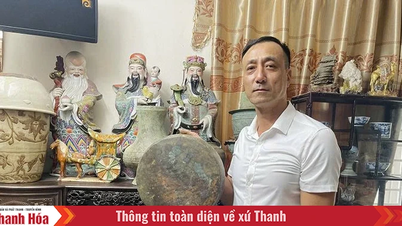


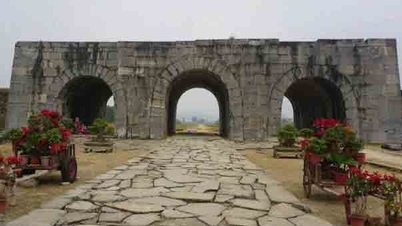
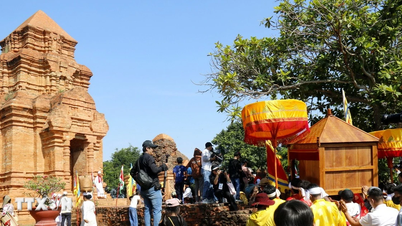










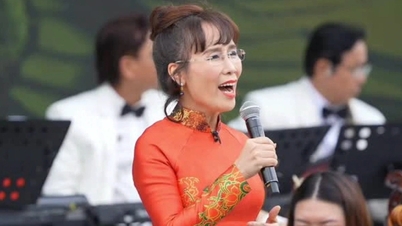








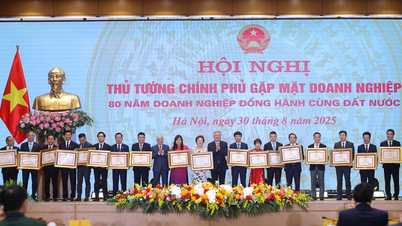













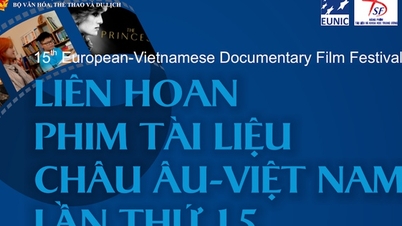



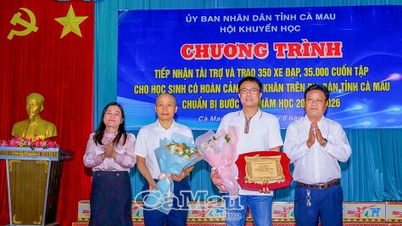






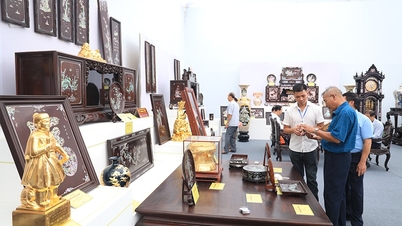












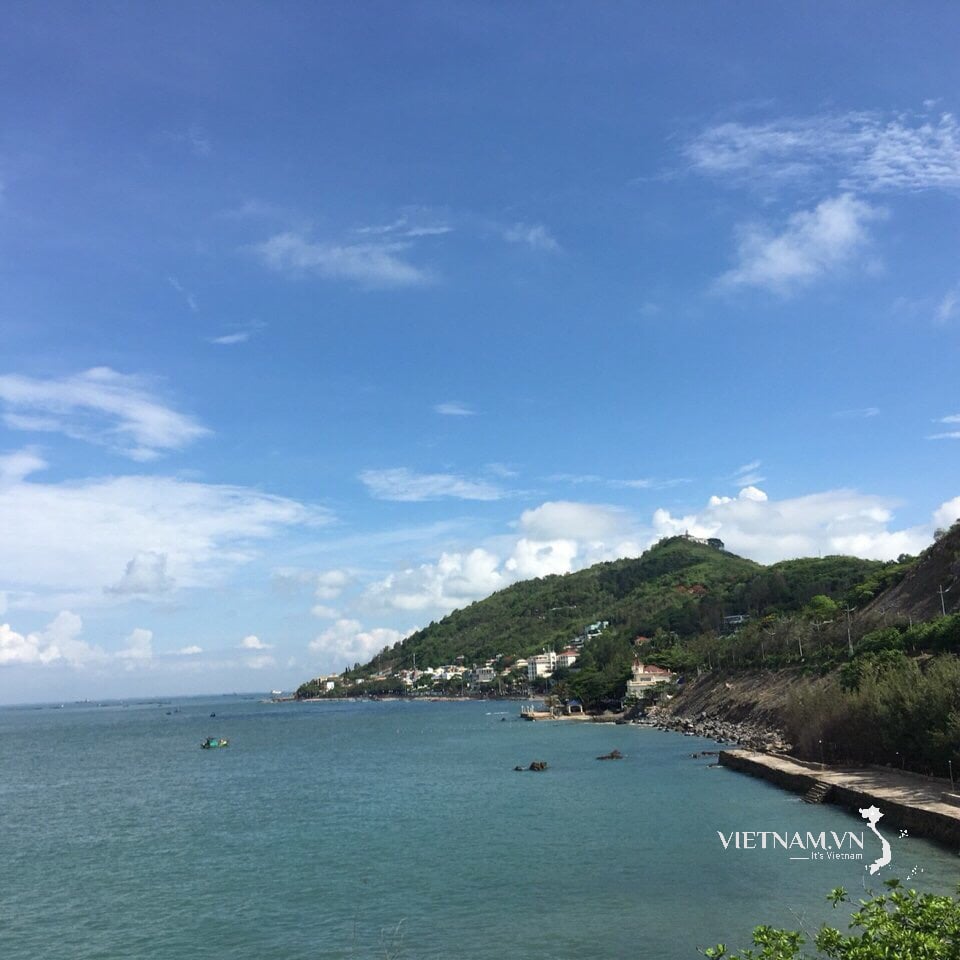
Comment (0)